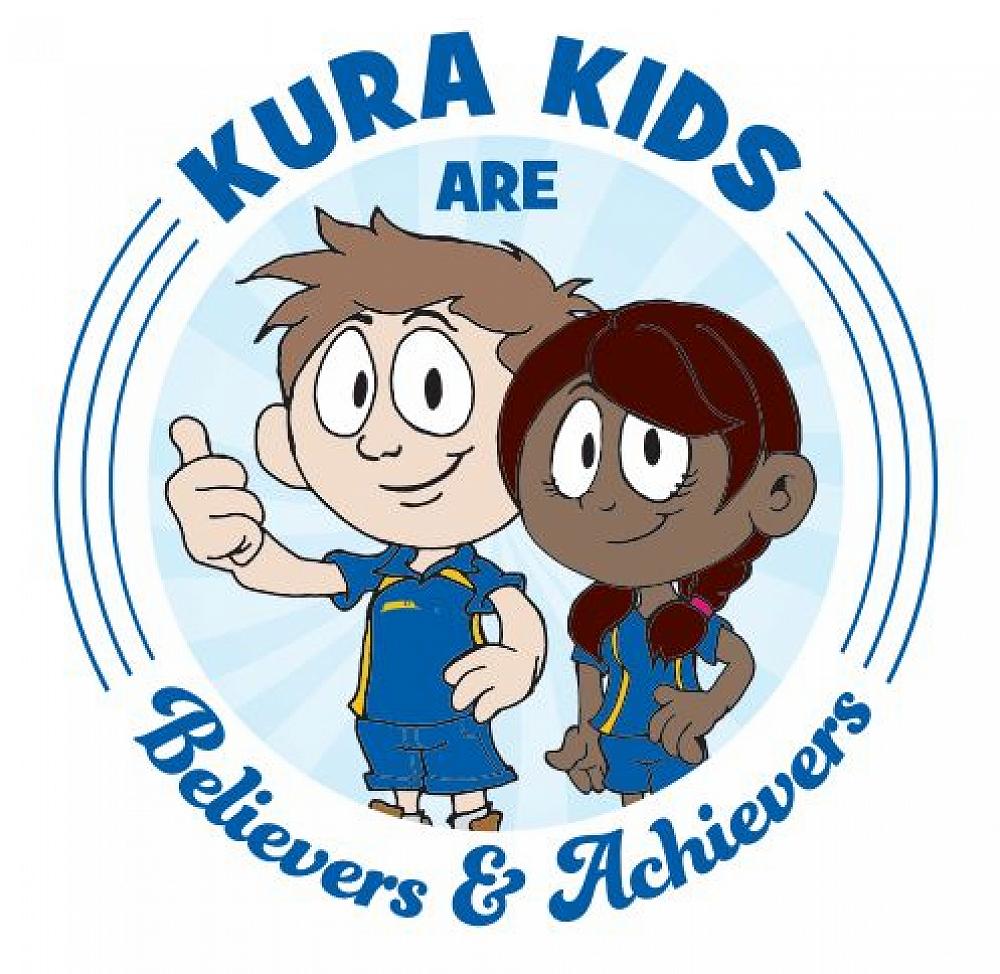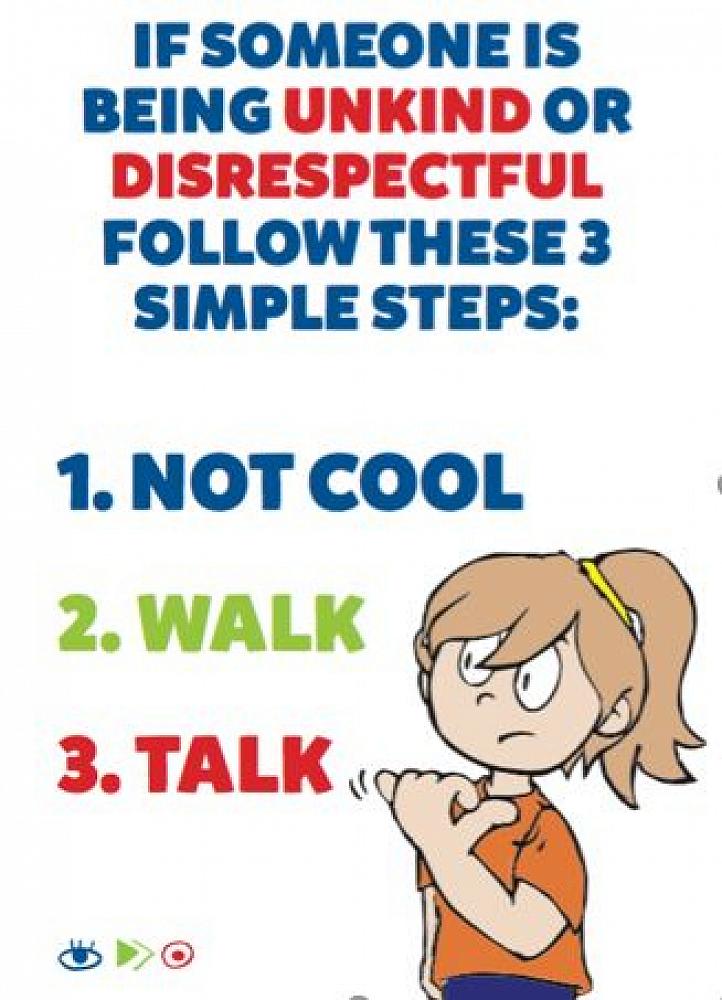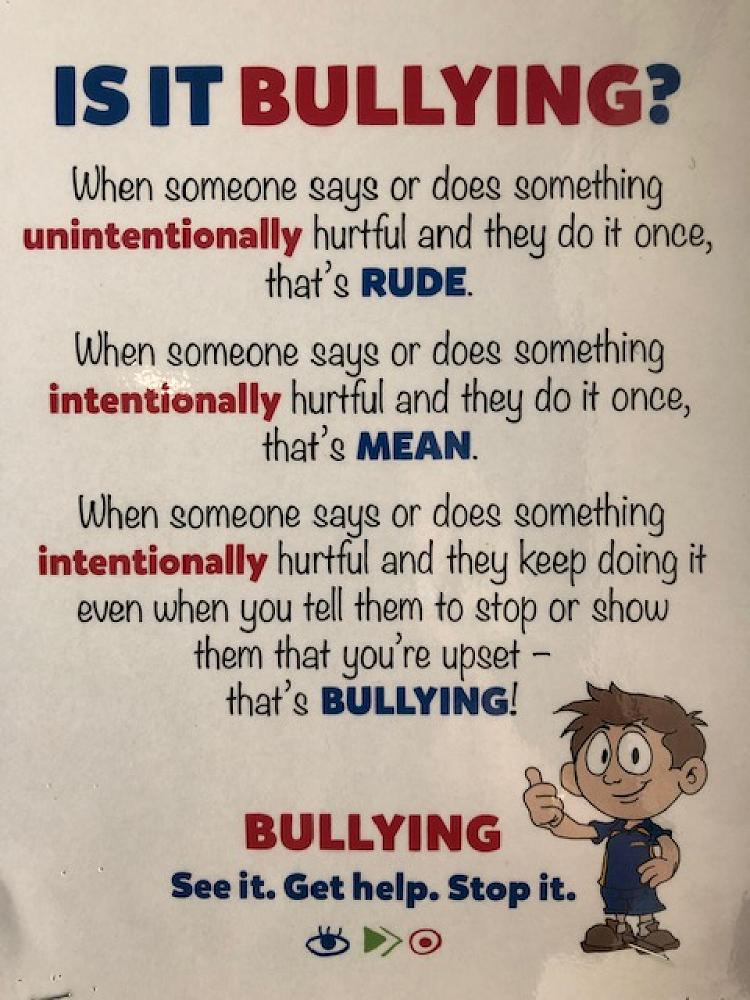
POSITIVE BEHAVIOUR FOR LEARNING
PB4L
We have been a PB4L (Positive Behaviour For Learning) School for many years now
Positive behaviour for learning is a way of life. It’s about creating safe positive environments that allow you to build safe working relationships so that everyone can succeed to the best of their ability.
It’s not about changing the students; it’s about changing the environment, systems and practices you have in place to support them to make positive behaviour choices.
As a school we really work hard to ensure the KURA values are implemented.
K - Kindness
U - Unity
R - Respect
A – Achieve
We work hard to provide a consistent school wide behaviour system where we not only teach positive behaviour but also celebrate our tamariki for their positive behaviour.
We have Circle Time in classrooms where we teach not only our KURA values but also Social Skills and Restorative Practice. We discuss our feelings and also teach strategies to help us regulate and calm ourselves when we have BIG feelings.
By being as positive as we can, being clear with expectations and consistent with our responses we are helping children to understand that there are consequences for our actions and their choices.
We teach our juniors that if something happens that they don’t like that they can let people know. We encourage them to use their voice, walk away and get help if they need it.

In all schools across New Zealand, staff deal with issues and in some cases bullying. At our school this is what we ask our KURA kids.

We
teach our juniors that if something happens that they don’t like that they can
let people know. We encourage them to use their voice, walk away and get help
if they need it.
As a staff we will not tolerate rude, mean or bullying behaviour. We are a restorative practice school and we will work on rectifying the issue and repairing the damage from behaviour.
WHAT IS RESTORATIVE PRACTICE?
· Restorative Practice is a process used to resolve conflict / fix problems
· The process is based on a set of questions (see Restorative Chat below)
· It follows a fair process that allows every party to have a voice
· The process is used consistently school wide
· It is linked to our KURA values
WHO
Our aim is that all staff, students and parents/whanau have a clear understanding of the Restorative process
WHY
“Human beings are happier, more productive and more likely to make positive changes in their behaviour when those in position of authority do things with rather than to or for them”.
WHEN
The Restorative Practice process can be used to restore relationships when there has been minor, moderate or severe behaviour problems.
RESTORATIVE CHAT
TELL THE STORY
Tell me what happened
EXPLORE THE HARM
Which KURA value have you not shown?
Who is affected by this?
How has it affected them?
REPAIR
What would be the KURA way to fix this?
AGREEMENT
What can you do to make sure this doesn’t happen again?
FOLLOW UP
When shall I check this has happened?
If you have any issues remember to contact to your child’s teacher first, then if you still require help please contact the Hub Leader. Tanya King for Rooms 2, 3, 5, 6. Mathew O'Hagan for Rooms 1, 17, 18, 19. Jimmy Steele for Rooms 12, 13, 14. Jacinta Kelleher for Rooms 7, 8, 9, 10, 11. If you feel you have not had success then please contact Miranda McMahon, Deputy Principal.
miranda.mcmahon@titahibay.school.nz
Remember
If a child doesn’t know how to read - we teach
If a child doesn’t know how to swim - we teach
If a child doesn’t know how to multiply - we teach
If a child doesn’t know how to write - we teach
If a child doesn’t know how to behave - we teach